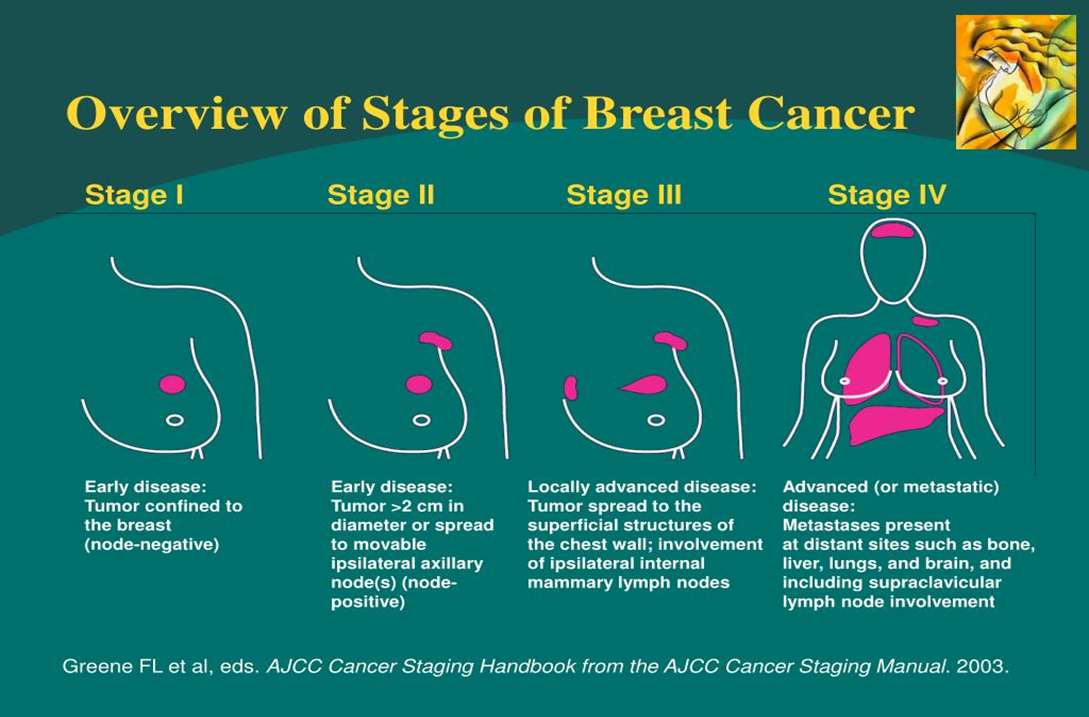The nurse is reviewing lab data of a Stage 4 breast cancer patient. Which lab data may indicate further metastasis?
Sodium 138 milliequivalents per liter
Hemoglobin 10.5 grams per deciliter
Potassium 3.4 milliequivalents per liter
Calcium 12.5 milligrams per deciliter
The Correct Answer is D
Choice A reason: A sodium level of 138 milliequivalents per liter is within the normal range and does not indicate metastasis.
Choice B reason: A hemoglobin level of 10.5 grams per deciliter is slightly low but does not specifically indicate metastasis.
Choice C reason: A potassium level of 3.4 milliequivalents per liter is within the normal range and does not indicate metastasis.
Choice D reason: A calcium level of 12.5 milligrams per deciliter is elevated, which may indicate metastasis to the bones, a common site for breast cancer metastasis.

Nursing Test Bank
Naxlex Comprehensive Predictor Exams
Related Questions
Correct Answer is A
Explanation
Choice A reason: Assessing the client's level of anxiety is crucial as it can inform the nurse about the severity of the OCD symptoms and guide further interventions.
Choice B reason: Interrupting compulsive behavior abruptly can cause significant distress to the client and is not recommended without proper behavioral therapy techniques.
Choice C reason: Negative reinforcement techniques are not typically used in OCD management as they can exacerbate anxiety and are not considered therapeutic.
Choice D reason: Encouraging avoidance of anxiety-increasing situations may reinforce OCD behaviors and is not a recommended approach. Exposure and response prevention, a type of cognitive-behavioral therapy, is often used instead.
Correct Answer is D
Explanation
Choice A reason: This statement is incorrect because it suggests that higher oxygen levels trigger breathing, which is not the case in hypoxic drive.
Choice B reason: While carbon dioxide levels do influence breathing, this statement is not accurate in the context of hypoxic drive, which is specifically about oxygen levels.
Choice C reason: This choice is incorrect because the client does notice the need to breathe, but the trigger is low oxygen rather than high carbon dioxide levels.
Choice D reason: This is correct. In clients with COPD, chronic high levels of carbon dioxide can lead to a reliance on low oxygen levels to stimulate breathing.
Whether you are a student looking to ace your exams or a practicing nurse seeking to enhance your expertise , our nursing education contents will empower you with the confidence and competence to make a difference in the lives of patients and become a respected leader in the healthcare field.
Visit Naxlex, invest in your future and unlock endless possibilities with our unparalleled nursing education contents today
Report Wrong Answer on the Current Question
Do you disagree with the answer? If yes, what is your expected answer? Explain.
Kindly be descriptive with the issue you are facing.
